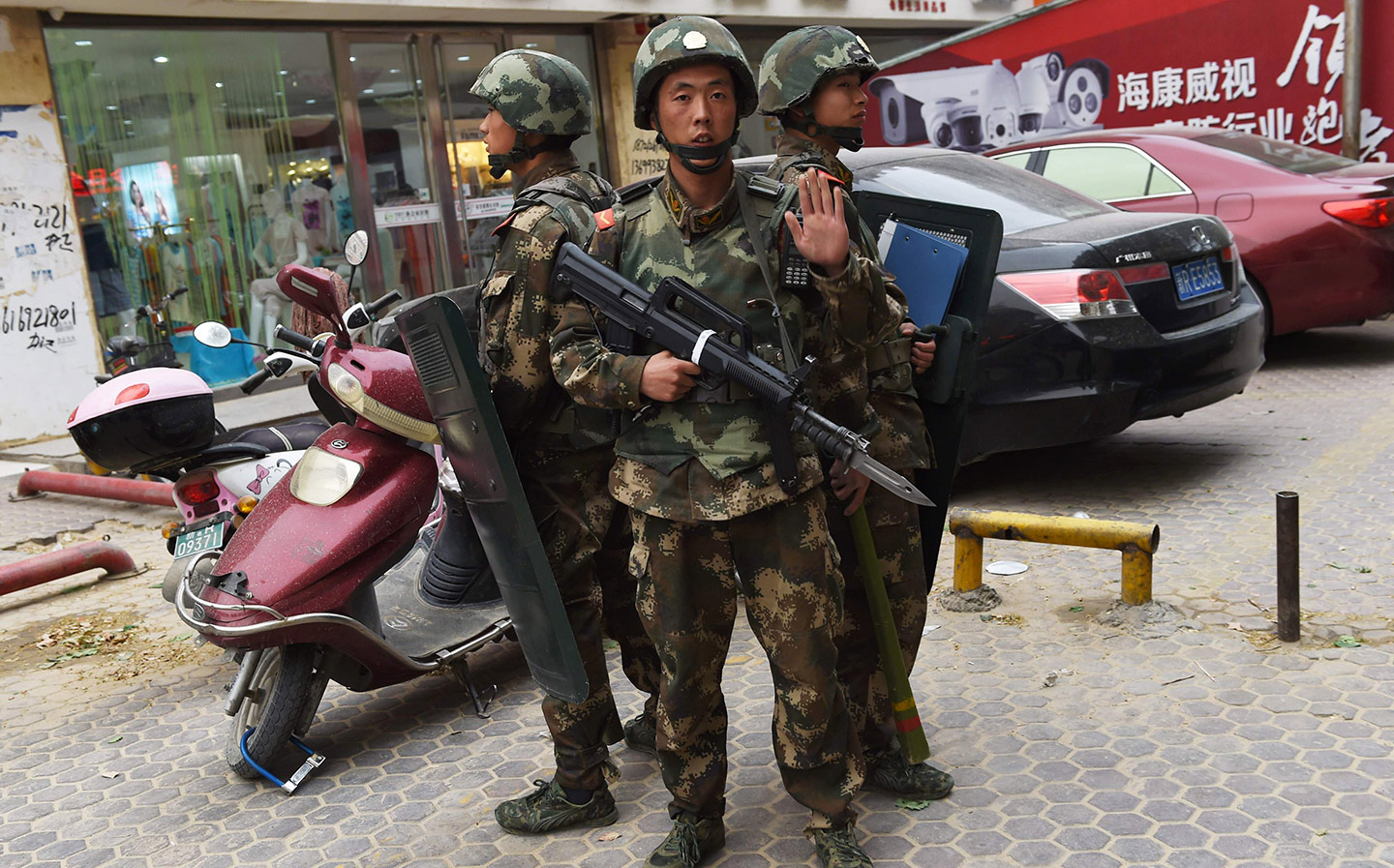China tells motorists: no GPS tracker, no petrol
Authorities accused of creating “police state” in Xinjiang
DRIVERS in the troubled northwestern province of Xinjiang are to be forced to install GPS tracking devices on their vehicles to allow the authorities to monitor their movements.
Anyone failing to comply will be denied access to petrol stations and will be unable to sell their vehicle.
The measure is a crackdown on the activities of the Uighurs, a Muslim group angered by what they say is a repressive regime which discriminates against them in favour of the dominant Han population. The government fears that the Uighurs are being radicalised by foreign jihadists.
Browse NEW or USED cars for sale on driving.co.uk
The order is the latest of several surveillance measures designed to counter violent attacks in Xinjiang.
Drivers in the Bayingolin Mongol autonomous prefecture have until June 30 to install the Beidou navigation system, which will cost up to £25 a year. The scheme will then be extended to the rest of Xinjiang.
Decades of Han immigration, widely resented by the Uighurs, has made the Han the majority ethnic group of Bayingolin’s 1.2 million people. However, the prefecture has experienced fewer terrorist attacks than the Uighur cultural heartland in southern Xinjiang.
Drivers in the Bayingolin Mongol autonomous prefecture have until June 30 to install the Beidou navigation system
The authorities are creating a “police state” in Xinjiang, said James Leibold, an expert on the region, and a senior lecturer at La Trobe University in Melbourne. They hired an additional 30,000 police officers last year and are stepping up the use of “grid-style” social management, facial-recognition technology and big-data analysis, he said.
Tighter, more highly visible security has probably contributed to the slower frequency of violent incidents after a two-year surge that started in 2012.
“The short-term effect is less attacks, but the longer-term implications are more complicated,” said Dr Leibold. “The resentment is pushed further underground, and the mistrust grows between the Han and Uighur populations.”
Under certain conditions, he said, “it might explode”.
Calum MacLeod, Beijing
This article first appeared in The Times





